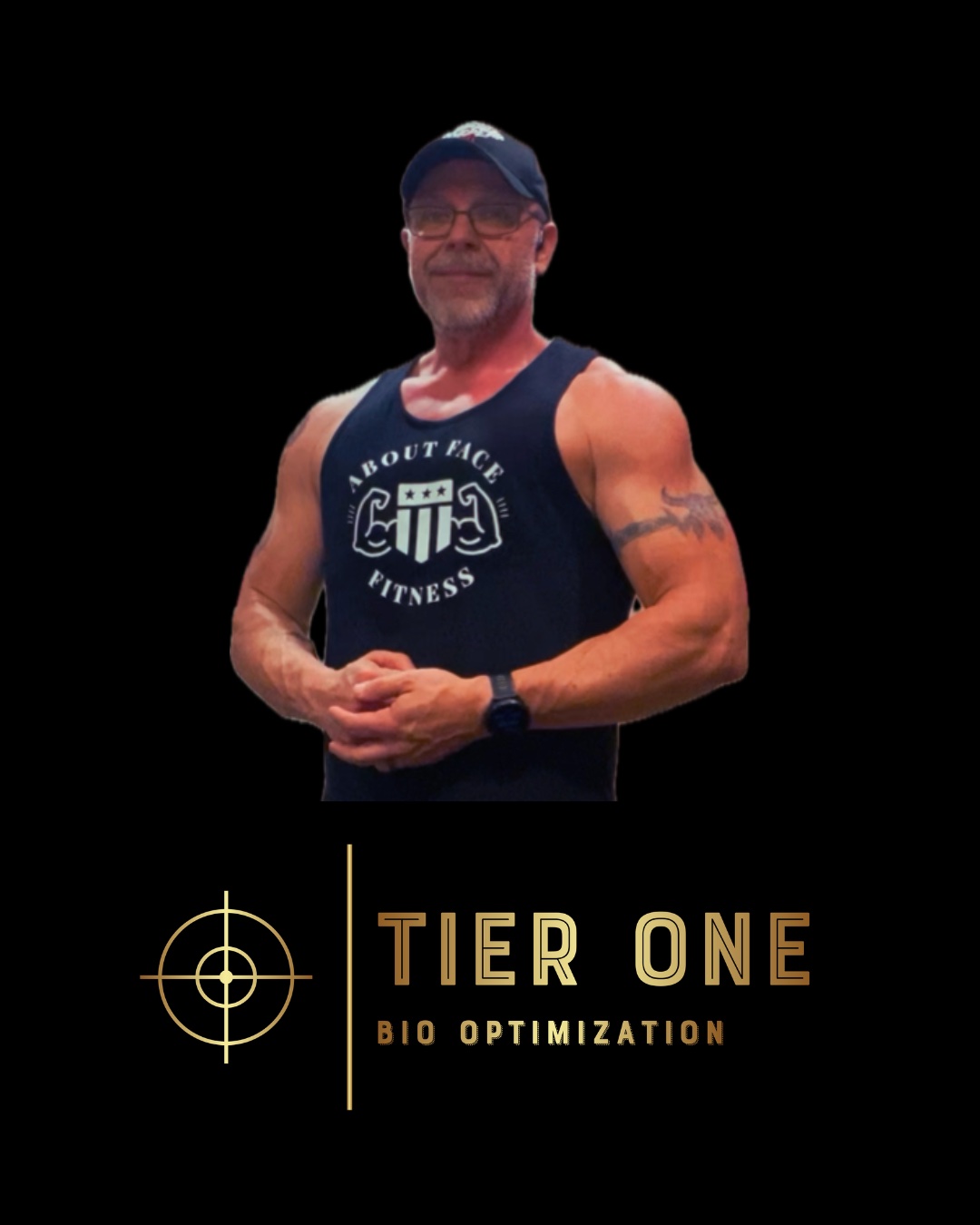The Power of Synergy: How Optimizing Hormones, Fitness, Nutrition, and Sleep Transforms Your Health
- Coach Scott

- Jun 21
- 3 min read

If there’s one thing I’ve learned in my years of coaching, it’s this: health isn’t built in silos. You can’t out-train a bad diet. You can’t biohack your way out of poor sleep. And you certainly can’t expect peak performance if your hormones are out of whack. The real magic happens when we align these four pillars—hormones, fitness, nutrition, and sleep—into a system that supports your goals and longevity.
Let’s break down why integrating these pillars creates not just good outcomes, but exceptional ones.
1. Optimized Hormones: Your Internal Operating System
Hormones are your body’s chemical messengers. They regulate energy, metabolism, mood, libido, and even how your body responds to exercise and nutrition. When your hormones are dialed in, everything else becomes easier.
Testosterone, for example, supports lean muscle mass, energy, and motivation in both men and women. Low levels are linked to fatigue, increased fat mass, and even depression (Wu et al., 2010).
Cortisol, the stress hormone, isn’t bad—it helps you wake up and train hard. But chronically elevated cortisol due to stress or poor sleep can lead to muscle wasting, fat gain, and insulin resistance (Manenschijn et al., 2013).
Key Point: Hormonal imbalances can derail even the most disciplined training and nutrition efforts. Testing and targeted optimization (with a qualified provider) can be a game-changer.
2. Fitness: Move With Purpose
Exercise isn’t just about aesthetics. It’s medicine. Resistance training increases insulin sensitivity, boosts testosterone naturally, and even acts as an antidepressant (Pedersen & Saltin, 2015). Cardiovascular fitness enhances mitochondrial health and resilience against chronic disease.
But here’s the catch—too much exercise with too little recovery raises cortisol and impairs hormone balance. That’s why the synergy with sleep and nutrition is critical.
Key Point: Train hard, but train smart. Balance intensity with recovery to support hormonal health.
3. Nutrition: Fuel, Don’t Just Feed
What you eat—and when—directly affects your hormones, recovery, and mental clarity.
Protein intake influences muscle protein synthesis and the production of key hormones like growth hormone and testosterone (Phillips, 2014).
Carbohydrates modulate cortisol and leptin, which impact stress and hunger signals.
Fats are essential for hormone production, particularly testosterone and estrogen.
Micronutrients like magnesium, zinc, and vitamin D also play key roles in hormonal regulation and sleep quality (Wimalawansa, 2019).
Key Point: Nutrition isn’t just about calories in/out. It’s about optimizing your internal chemistry for performance, recovery, and longevity.
4. Sleep: The Multiplier of Everything Else
Sleep is where your body repairs, hormones are reset, and memory is consolidated. Just one week of poor sleep can reduce testosterone by up to 15% (Leproult & Van Cauter, 2011), increase cortisol, impair glucose metabolism, and sabotage your progress.
Even fat loss slows dramatically with insufficient sleep—your body preserves fat and burns muscle (Nedeltcheva et al., 2010).
Key Point: You don’t grow during the workout—you grow during deep sleep. Prioritize it.
Bringing It All Together
When you combine:
✅ Hormonal balance
✅ Strategic fitness
✅ Nutrient-dense nutrition
✅ Restorative sleep
You create a synergistic system where your body works with you, not against you. You gain energy, lose fat more efficiently, build muscle, and experience mental clarity that caffeine can’t replicate.
Final Thoughts From Coach Scott
I’ve seen clients hit plateaus by chasing just one pillar—overtraining while neglecting sleep, eating clean but ignoring low testosterone, or relying on hormone therapy without moving their body. That’s not a strategy. That’s a cycle.
The people who thrive—physically, mentally, and emotionally—are those who commit to all four pillars. It’s not always easy. But it’s always worth it.
Let’s stop chasing shortcuts and start building systems. Your health isn’t a project. It’s a lifestyle.
References:
Wu, F.C.W., et al. (2010). Hypothalamic–pituitary–testicular axis disruptions. New England Journal of Medicine.
Manenschijn, L. et al. (2013). Long-term cortisol levels. Journal of Clinical Endocrinology & Metabolism.
Pedersen, B.K., & Saltin, B. (2015). Exercise as medicine. Scandinavian Journal of Medicine & Science in Sports.
Phillips, S.M. (2014). Protein intake and resistance training. Applied Physiology, Nutrition, and Metabolism.
Wimalawansa, S.J. (2019). Vitamin D and endocrine health. Journal of Steroid Biochemistry and Molecular Biology.
Leproult, R., & Van Cauter, E. (2011). Sleep loss and testosterone. JAMA.
Nedeltcheva, A.V. et al. (2010). Sleep curtailment and fat loss. Annals of Internal Medicine.
Ready to optimize your health the right way? Let’s talk strategy—not hacks.
Coach Scott





Comments